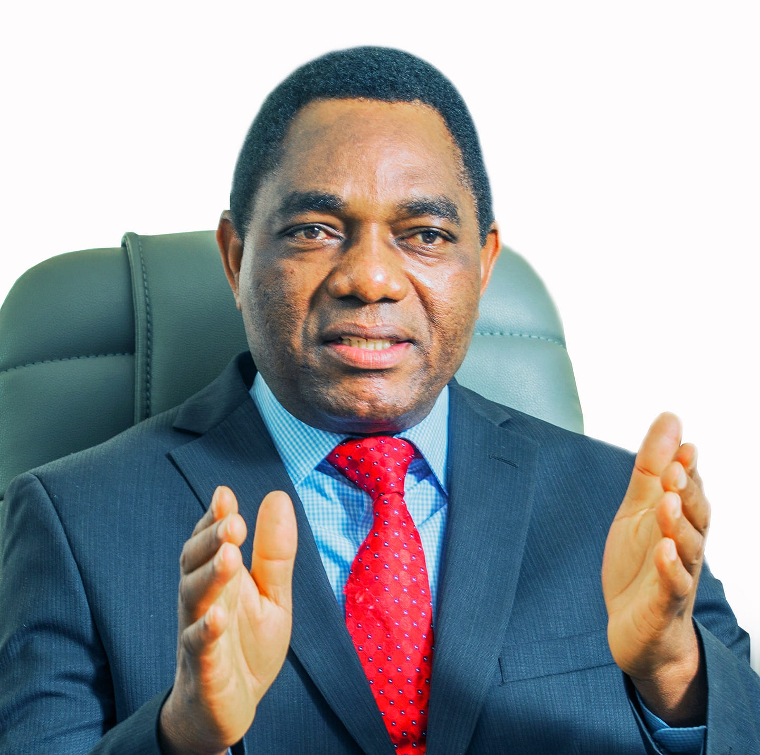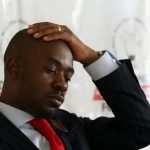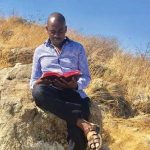The removal of most subsidies — at the instigation of the prescriptions of the International Monetary Fund — and falling value of the unstable kwacha have not only exerted pressure on input costs since Zambia is an import-driven country but also pushed the price of fuel and corn meal, the country’s staple food, by over 100% since August 2021.
The worst-affected are the urban poor on the Copperbelt and in Lusaka, where the president was booed and accosted with chants of “hunger” a day or two before he issued the coup speech. Although State House tried to play down these incidents as part of democratic expression, they demonstrate the changing public tide against Hichilema in urban areas as a result of severe economic difficulties.
Previous coup attempts — both in the era of one-party rule and multiparty democracy — have all taken place during periods of steep increases in the cost of living. Though unsuccessful, most were celebrated by urbanites on the Copperbelt and in Lusaka. While Zambia’s military has usually intervened in support of democracy, Hichilema is undoubtedly concerned by the precedent here.
It is probably one that fed his fears that overzealous soldiers — his target audience — may seek to seize power via a coup, as their colleagues attempted to do against founding president Kenneth Kaunda in June 1990, and against former president Frederick Chiluba in October 1997.
The second audience Hichilema was speaking to were Western governments and their diplomatic representatives in Zambia, whose opinion he respects to the point of weakness. Through his comments that there are people planning to remove him unconstitutionally, the president was effectively preparing the ground for a further crackdown on opposition party leaders as he worries about the safety of his own political position ahead of the 2026 election.
The motivation behind his talk is ultimately to implicate his “political colleagues” in the imaginary coup threat, have them arrested on bogus but non-bailable charges like treason, and cripple their political activity. There is a well-established history of trumped-up charges being used against the political opposition in Zambia.
For instance, in March 1993, Chiluba accused the then main opposition United National Independence Party (UNIP) of planning to overthrow the government by illegal means. The plot, known as the “Zero Option Plan,” was said to have been devised by UNIP leaders with support from foreign governments. While no real evidence was offered, 26 people, including key UNIP figures, were detained on charges of treason after Chiluba — to the displeasure of donors, Western governments and human rights organisations — declared a state of emergency.
In April 2017, Hichilema was arrested by his predecessor and detained on charges of treason for four months after his convoy failed to give way to President Lungu’s motorcade, which was heading in the same direction. What a dispassionate observer may have regarded as a possible violation of traffic rules or presidential protocol was inflated into “an act that was likely to cause death or grievous harm to the president of the Republic of Zambia, in order to usurp the executive power of the state”.
In the cases of Chiluba and Lungu, the motivation for arresting opposition leaders were the same: a sense of political insecurity and the desire to demonstrate that they were fully in charge of national security forces and could deal decisively with sources of instability — real or imaginary — regardless of who was involved.
Continued next page
(388 VIEWS)


